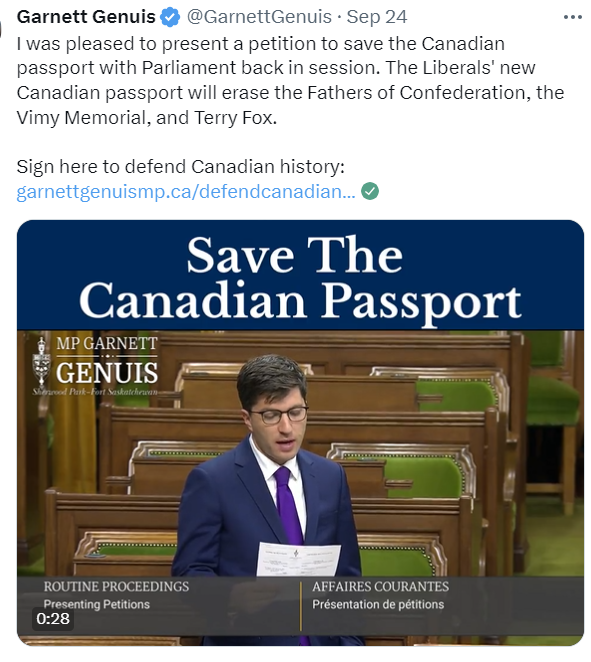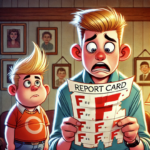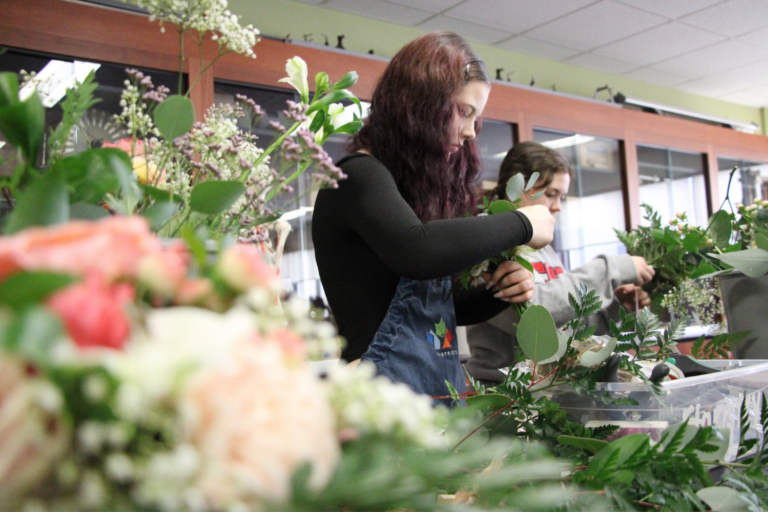
Friends of mine hold monthly dinners to discuss current events.
The latest dinner topic was “UN Secretary-General Antonio Guterres told the recent session of the UN General Assembly that the world had become “unhinged.” We were asked to think about how we could “go back to the drawing board to foster social cohesion at the grassroots level of society – at what is still an extremely promising time.”
I’m not sure that this is an extremely promising time given how turbulent things are, but I am positive that “now” is as promising as it gets. I absolutely believe that we will lose ground quickly if we do nothing and allow “the forces of evil” to prevail.
I agree that the world has become unhinged. We are seeing massive hatred and division including white supremacy and Naziism flaunted out in the open in Canada. We unthinkingly endorse overarching personal and corporate greed and we accept money hoarding by the wealthy as being their due. Endless, easy-to-spot disinformation is carelessly parroted by people we once thought were reasonably intelligent.
We are steeped in a noxious brew daily. This toxicity is reflected back at us in all media; especially in social media. Bad behaviour has been normalized. Cruelty is “in”. Any kind of bullshit and hate is ok under the guise of freedom of expression or free speech. Lies are just fine – couched in one’s opinion. Corruption is tolerated because there is so much of it and we don’t know how to stop it. There is no accountability.
So why is unhinged suddenly mainstream?
Because it serves a couple of important purposes.
Politically, hate is a very powerful tool when you don’t have much to offer people. Hate can build a strong movement (look at the Nazis). Sharing common “enemies” makes us feel that we are friends. People forget that when hate is what they share, they have nothing positive to offer each other.
We are constantly manipulated by politicians to notice vague non-issues in the hopes that they become what we don’t want. Even if that “not wanting” is not very strong, we are further manipulated, by endless repetition, to react and get angry. This is rage farming. We are then presented with an either-or choice between two extremes when in reality there are many other choices available. Those choices are never presented as they might make us think. And thus we are manipulated to wade through this pool of bullshit on a regular schedule.
The Conservative news cycle is particularly onerous and goes something like this: in the last month or two the CPC political conversation is about the changes to the artwork on your Canadian passport. The implication is that the new artwork somehow erases your “Canadian heritage”. You are then asked to decide how you feel about the erasure of your Canadian Heritage through said change in passport artwork. How often do you look at your passport??! A non-issue has been drawn to your attention as an issue. Another day, LBGTQ+ issues are in the news. Lately, it has been about trans children’s rights. Rather than discussing what is good for trans children and how to support them, you are asked to consider parental rights versus child rights with the argument framed as ‘whose rights are more important?’ Another day it is all about abortion and the “right to life”.. but never is it about how women manage when they are forced to bear children they don’t want or can’t support or how well unwanted children are raised, and what to do about it. Throughout we have the endless carping about the carbon tax and how it is breaking the bank for Canadians. This is from a party that ignores or denies global warming. From a party that never starts a discussion on global warming or how well the carbon tax actually performs in its stated purpose or if we should increase it? Or any sensible proposal.
And when there is a potential lull where you might just relax, the mind nazis start it all over again.
And you know, just the other day I noticed that the subject of Passport Art is back…

What is the point?
The point is to keep you off-kilter, engaged and enraged and not paying attention to the big stuff.
The purpose is to keep you from thinking clearly and uniting with others to work for and insist upon what you need for yourself, your families and your communities.
WHY? The answer is so simple: because it creates a wonderful space for those with vast fortunes (and their political allies) to do what they want without being noticed. Politics and wealth are now two sides of the same coin.
And what do they want? More money and power. They want to rule. They see themselves as modern aristocracy and given the unprecedented amount of money and power they wield, they are.
We have been manipulated for years and years to do exactly that which gives these uber-wealthy people their money and power: consume!
Manipulation in the business and social arenas exists to perpetuate beliefs that allow for a “way of life” that is beneficial to the wealthy but to no one else. That feeds the uber-wealthy by moving the money upwards while guaranteeing inequality.
The fairy tale is that “all men are created equal” and the accumulation of money is seen as the impartial arbiter of success. The more money you have the more successful you are. And the kicker is, it doesn’t matter who you cheat, who you oppress and what ecological damage you do in the process.
The reality is that all men are not created equal and unrestrained capitalism rewards the rich at the expense of the poor. Make no mistake – the poor exist for a reason. Without them and their cheap labour, the rich couldn’t get rich.
Consumption is also key. Consumers have been trained to consume much more than they need. At the expense of our planet; at the expense of our health; at the expense of each other.
The more we consume, the wealthier someone at the top gets.
What does money buy?
Money buys power. More money than you need does not however guarantee more happiness or life satisfaction. It does not really enrich your life. When the focus is only on acquiring money it becomes an empty habit. Chasing wealth becomes an end in itself; not a means to an end and leads only to an increased focus on chasing wealth. Much of the experiences we are afforded in life become subsumed in the quest for money, power and domination. When asked what would make them happier, most wealthy people say ‘more money’.
Despite this I think people are hardwired to want relevance, to have real connection with others, to make a difference, to have genuine experiences, to learn, to grow. And while money might facilitate that for some, others gain that and more without having more money than they need.
What do we need to do?
Eye on the Prize
Understanding and accepting that we are constantly being manipulated by several forces (political, business, social) is the first step. When you are able to spot the manipulation easily, you are more able to fight it and ignore it.
Having a keen grasp of what it is you need to survive and thrive is vital. While there are many “issues” out there – they kind of fall into categories of greater to lesser importance.
- Of importance to all of us and to our collective ability to survive.
- Of importance to me in my day-to-day life and ability to survive and thrive.
- Of importance to others who I will support. But not vital to day-to-day life or my ability to survive.
- Of absolutely no importance to my day-to-day life or ability to survive; trivial time wasters.
As simplistic as it sounds I think it’s very useful to occasionally make a list of priorities. It will help you to focus on your priorities and as such is probably the most effective tool you have. Your list will likely end up being mostly common sense and with a few variations, categories 1 and 2 will probably look a lot like mine.
Once you’ve made your list, (please do it), start to look at what is working – especially in categories 1 and 2 – and what is not working.
The “what’s not working” part gives you a blueprint for what you want to pay attention to and work on.
Once we know what is not working we can also weed out the bullshit (see article: The Puppeteers’ Tool: How Political Surveys Enable Manipulation and Control). When we are asked to pay attention to an “issue” we can ask ourselves: is it worth my time and energy? Is it a real issue for me? Do I need to pay any attention?
When we know what our needs are we can see clearly if they are being met or not. If not, we can put our energy to correcting unmet needs.
If this sounds overly simplistic, consider the reality of how many people are getting “all het up” over things that have no or little importance to them while completely ignoring important and time-sensitive issues that directly affect their individual and our collective ability to survive.
Consider the power we all give to people who simply want to use us.













